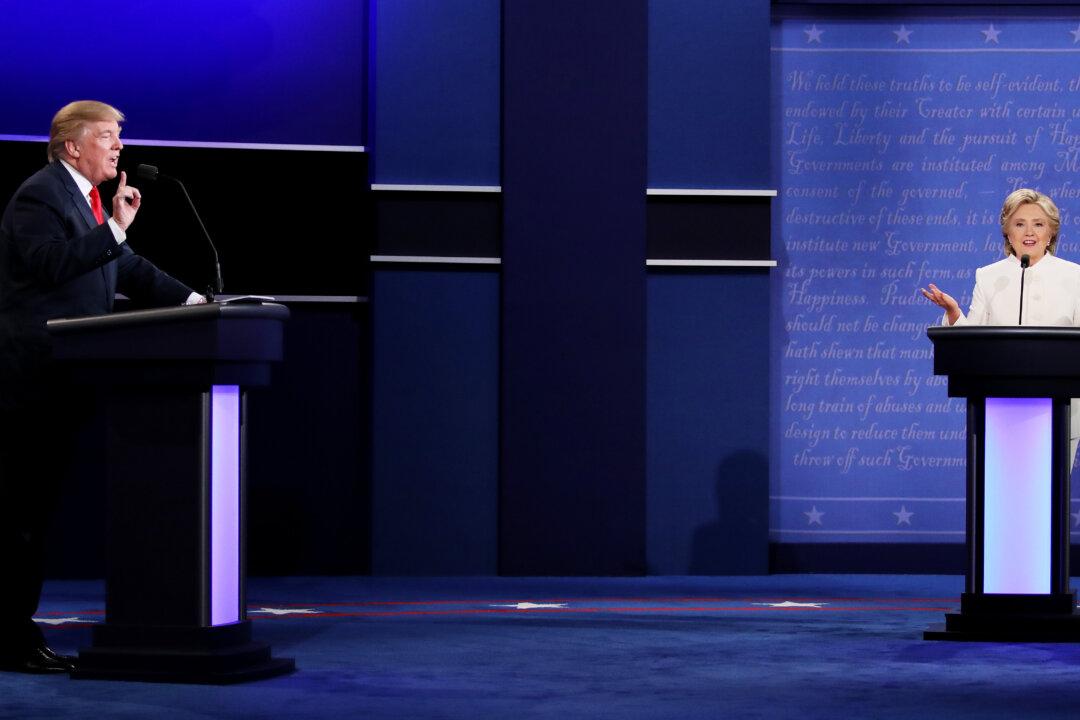Then-CIA Director John Brennan briefed President Barack Obama in late 2016 about Russian intelligence which alleged a plan by Democratic presidential nominee Hillary Clinton to stir up a scandal about her election opponent, Donald Trump, by tying him to the alleged hack of the Democratic National Committee by Russian intelligence services, according to a letter (pdf) by Director of National Intelligence John Ratcliffe.
After U.S. intelligence services obtained the insight into the Russian intelligence analysis in late July 2016, Brennan briefed Obama and other national security officials about the alleged Clinton plan, including the “alleged approval by Hillary Clinton on July 26, 2016, of a proposal from one of her foreign policy advisors to vilify Donald Trump by stirring up a scandal by claiming interference by Russian security services.”





